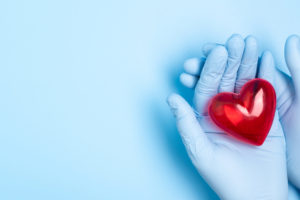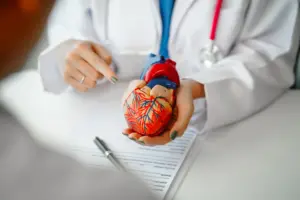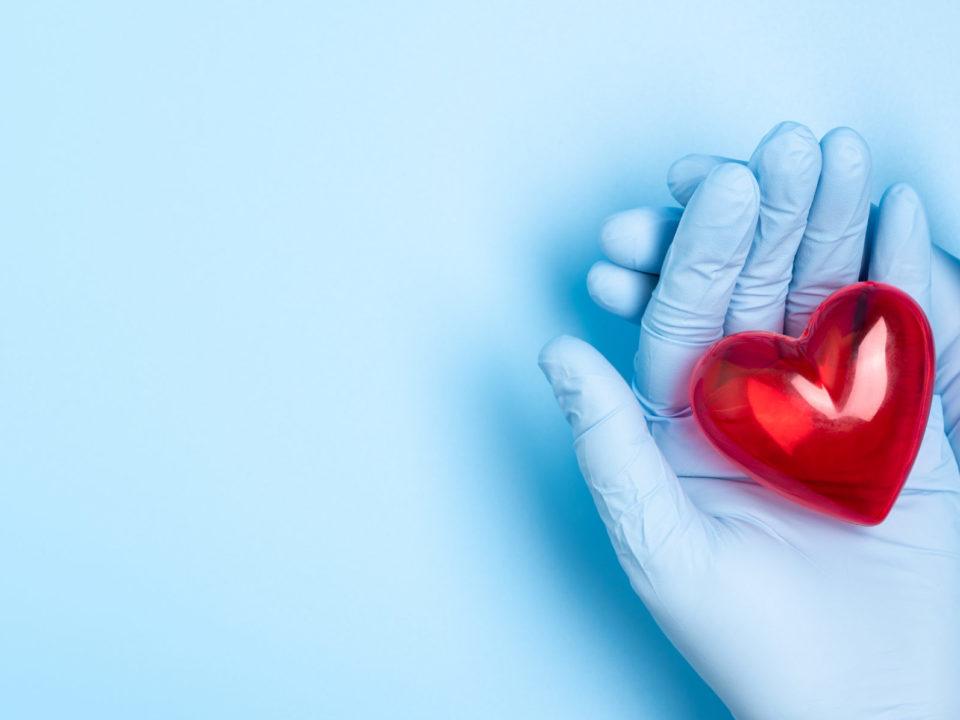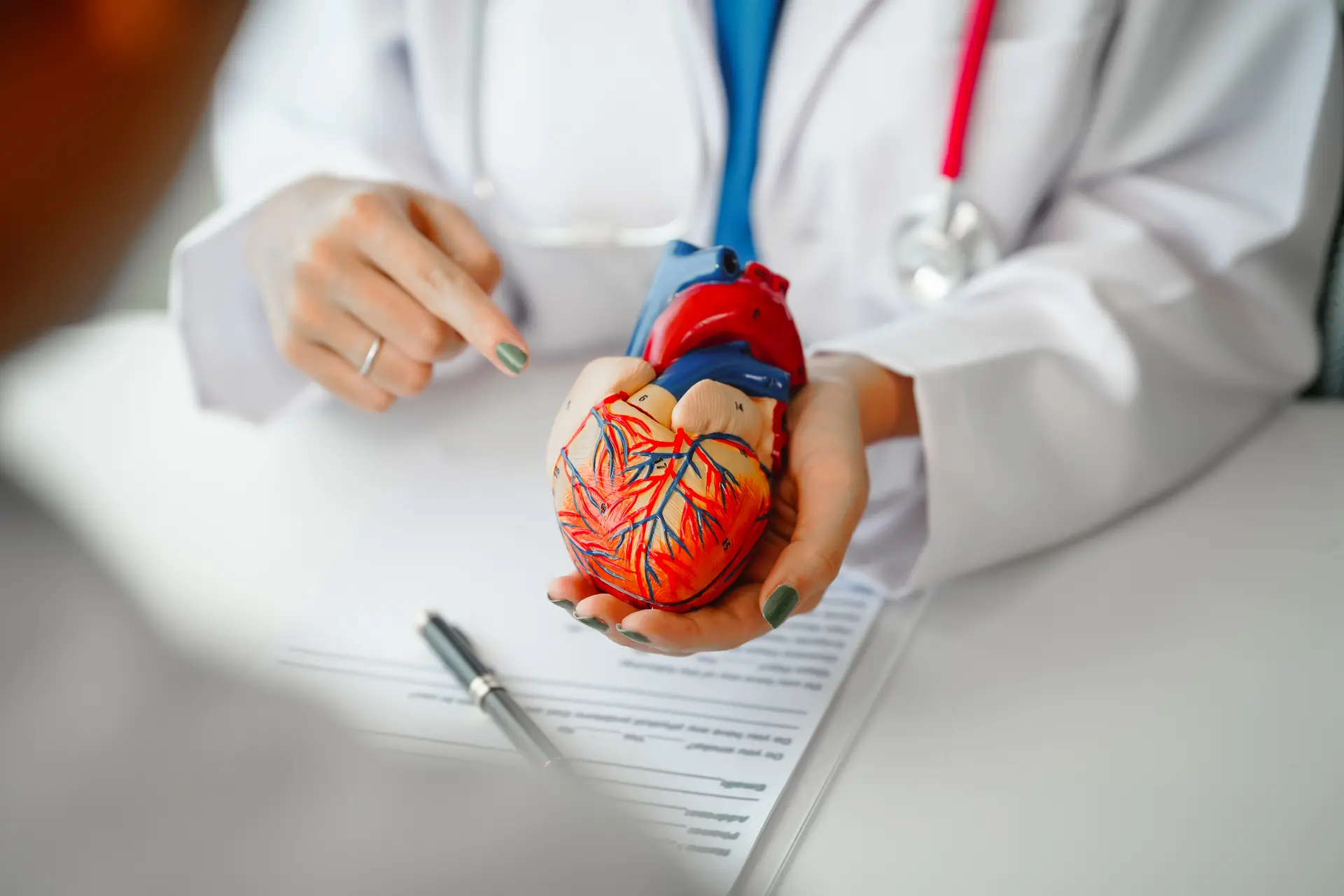Demystifying Kidney Dialysis
It’s World Kidney Day on 12 March, and in order to highlight the great importance of our kidneys for healthy living, this article focuses on the process of cleaning the blood when the kidneys don’t function properly.
The National Kidney Foundation of South Africa explains that as many as 10% of all the world’s people – or over 800 million – have some form of kidney disease. In many cases in South Africa, this is brought about by inherited hypertension (high blood pressure) (60-65%) or type 2 diabetes (20-25%). Black people are 3 times more likely than other race groups to contract kidney disease, due to the high incidence of hypertension – particularly when it is undetected.
However, 70-80% of kidney disease is completely preventable, because both hypertension and diabetes can occasionally be prevented or, with early detection and sufficient appropriate treatment, can be successful in preventing serious organ damage (kidneys, brain and heart).
Globally, as many as 2-million people are on dialysis, yet this figure may only represent 10% of the people who actually need treatment in order to live.
What is dialysis?
The kidneys are powerful “factories” and apart from cleaning the blood have many other functions. If the kidneys start to shut down and are no longer working as they should, they do not remove waste, salt and other fluids from the body. A person is then connected to a machine, which pumps blood through a set of filters and back into the body once it has been filtered, mimicking the proper functioning of the kidneys. This cleans the blood so that the body can work optimally again.
When will I need it?
Typical symptoms of renal distress include nausea, swelling of legs, ankles and feet from fluid retention, excessive fatigue, and unexplained shortness of breath. However, these may also be related to other causes. In addition, high blood pressure and diabetes may be damaging your kidneys without any symptoms until it presents in an advanced state.
The best course of action is a check-up with your local doctor. S/he will do a urine test to check for protein, blood, white cells or glucose. If these are present in worrying quantities, further tests may need to be done by a nephrologist, who is a kidney specialist. Also, most essential is blood pressure readings and if the patient is at risk (e.g. positive family history of hypertension) these tests must be frequently repeated.
I don’t need dialysis – I drink lots of water
While drinking water is certainly beneficial for health, this will not help the kidneys to filter out toxins once they are impaired. The body is an amazing system, and the kidneys are responsible for controlling the flow of sodium and potassium through the bloodstream, which determines if water flows into or out of your cells. As the body goes about its daily task of keeping you alive and functional, it produces waste (like a car exhaust). This needs to be collected and expelled from the body, which is why we need to go and urinate. If the kidneys are not working properly, drinking excess water will not solve the problem.
Is it painful?
Dialysis is not painful, though the procedure of having it done can be daunting. Usually it is required 3 times a week, for about 4 hours at a time. This will mean some lifestyle changes for you – but remember, it has to be done to keep you alive and kicking. Many people with renal problems live lives with near-normal life expectancy. Famed author Erma Bombeck, who wrote 15 books and a newspaper column for over 30 years that was read by 30-million people twice a week in the US and Canada, was diagnosed with kidney disease at the age of 20. She had to have dialysis daily, and yet managed to live until she was 69. She only died because of the complications from a kidney transplant.
I’m scared. What should I do?
Make some time to see a doctor about your kidney health. Stop smoking, increase your levels of exercise to 30 minutes, 5 times a week – “Sweat is the best cardio-vascular agent known to man” (quote by a Stanford Cardiologist). Also lose weight if you are overweight, have your blood pressure checked, and have a doctor monitor your progress if you are susceptible to type 2 diabetes, which is usually linked to lifestyle. Drink alcohol in moderation and avoid soft drinks with sugar and/or fructose. Make sure you are drinking enough water.
Salt is a big factor in upsetting the potassium/sodium balance in the body and can spike your blood pressure. Beware of salt hidden in foods, particularly canned foods and all processed foods, as salt is a preservative. Of particular importance is to avoid take-aways from any source as they normally contain high salt levels.
If you do have kidney disease, then you need to speak to your doctor about taking the necessary steps to have dialysis or a kidney transplant. First, explore all the options for improving your kidney function as best you can.
It is very important to still live your life to the fullest, so you cannot allow yourself to become depressed about your kidney health. Erma Bombeck wrote a short article once called “If I had to live my life over…” This is an excerpt, which will inspire you:
“There would be more I love yous… more I’m sorrys… more I’m listenings… but mostly, given another shot at life, I would seize every minute of it… look at it and really see it… try it on… live it… exhaust it… and never give that minute back until there was nothing left of it.”
The lenmed Group is a world-class chain of Private Hospitals that brings quality healthcare to communities across Southern Africa.
For more information please contact:
National Kidney Foundation of South Africa
Tel: +27 (0) 11 447 2531
Email: [email protected]
website: www.nkf.org.za
Disclaimer: Any information contained here is merely a guideline. Always visit your healthcare practitioner for any health-related advice or diagnosis.















